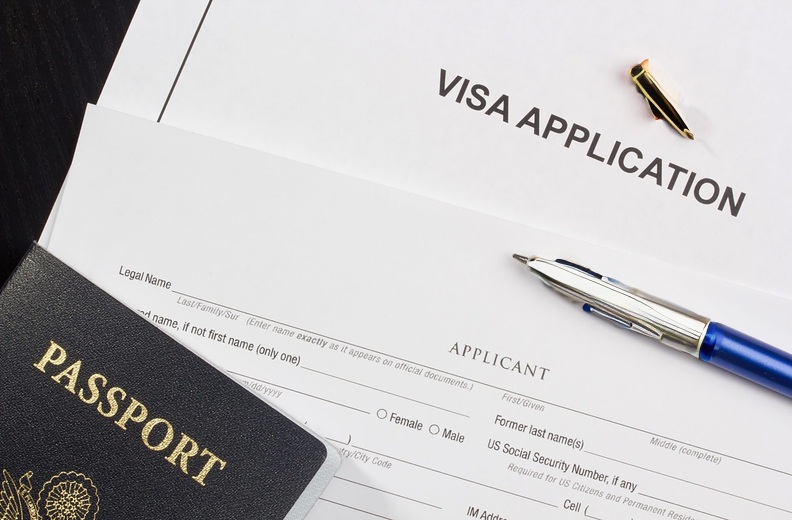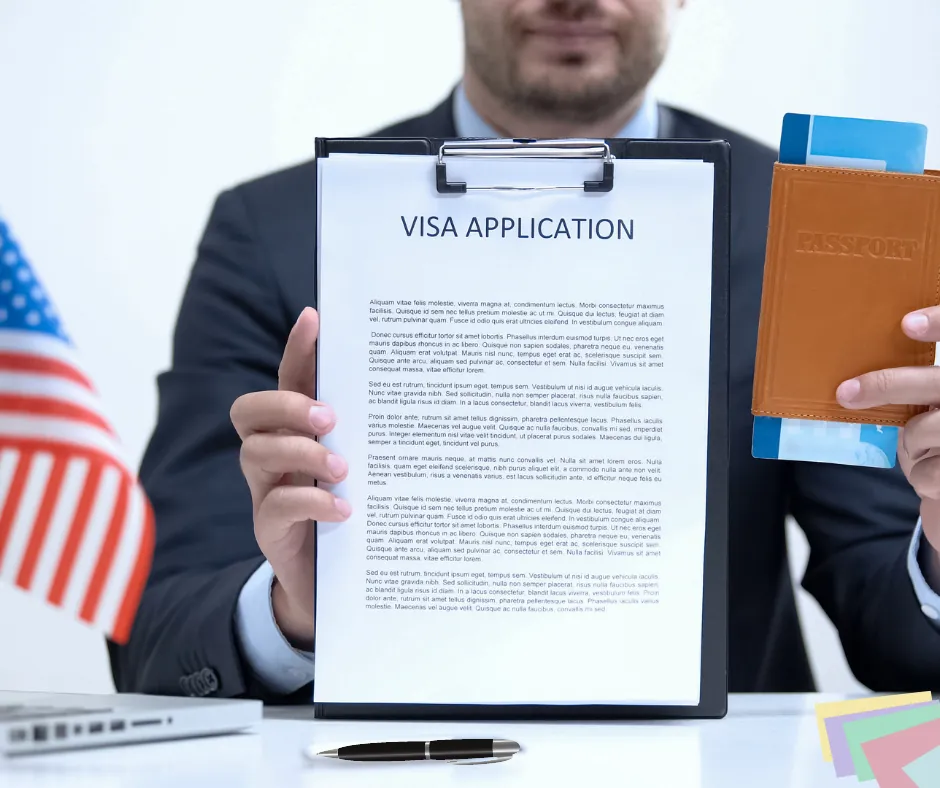Significant changes have been implemented in the US E2 and E1 visa programs, with Portugal being added to the list of eligible countries. This exciting development allows Portuguese citizens to apply for E2 and E1 visas, opening doors to live and work in the United States, provided they meet other eligibility requirements.
For an E2 visa, Portuguese nationals must be citizens of Portugal and make a substantial investment in a US business, actively managing and controlling it. The investment amount typically ranges from $50,000 to $100,000, varying based on business type and location.
Portuguese nationals can also apply for an E1 visa, requiring substantial trade engagement between Portugal and the US and the presence of a qualifying business in the US. The trade activities can span a wide range, including goods, services, and transportation.
Once approved, E2 and E1 visa holders from Portugal can bring their immediate family members, including spouses and children under 21, to join them in the US.
Residency requirements have been introduced for nationals of Grenada who obtained citizenship through investment. To be eligible for an E2 visa, they must have resided in Grenada for at least three years. This change poses new challenges for Grenadian citizens applying for the E2 visa.
Additionally, the US Department of Homeland Security has proposed an increase in filing fees for E2 and E1 visa petitions. Although the fee schedule is subject to change, potential investors should anticipate paying approximately three times the current amount. This fee hike may impact the affordability of obtaining an E2 or E1 visa for some applicants.
Moreover, the ongoing situation involving Russia and the invasion of Ukraine has had implications for the E2 and E1 visa programs. Sanctions imposed by the United States have made it more difficult for Russian nationals to obtain visas, including E2 and E1 visas. While some Russians previously acquired citizenship from countries like Grenada to access these visa programs, current restrictions limit their eligibility.
The sanctions have also affected the operations of Russian-owned businesses in the US, potentially causing disruptions. It is anticipated that these sanctions will continue to shape US visa policies in the foreseeable future.


